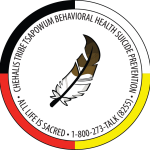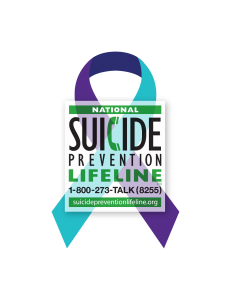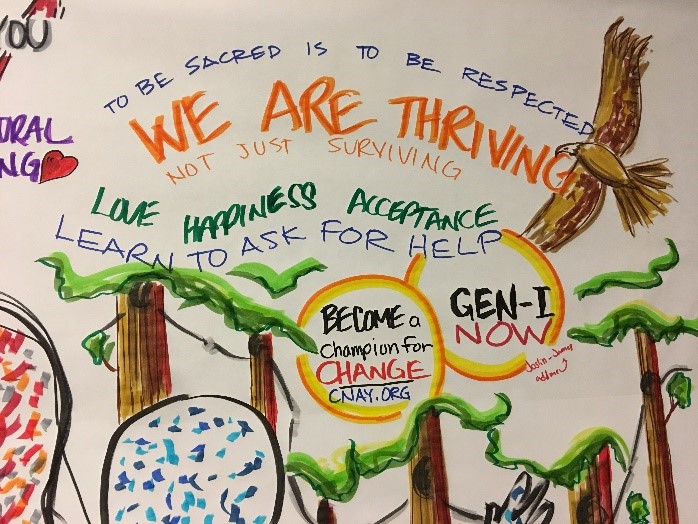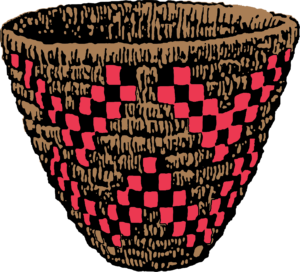Program Title:
Redefining Educational Development: Reorganization of Ancestral Devotion (R.E.D. R.o.A.D)

Mission Statement:
Empower the community toward a healthy lifestyle; aid in the opportunity for growth and self-discovery in a safe, supportive, and therapeutic environment. Bring awareness through educational programs including suicide prevention, healthy living through traditional plant medicine, life skills, and self-esteem building.
Program Contact:
Melanee Stevens at 1-360-709-1683
Common Suicide Warning Signs:
- Talking about feeling trapped or in unbearable pain
- Giving away valued possessions
- Talking about being a burden to others
- Increasing the use of alcohol or drugs
- Acting anxious or agitated; behaving recklessly
- Sleeping too little or too much
- Withdrawing or feeling isolated
- Showing rage or talking about seeking revenge
- Displaying extreme mood swings
Risk Factors:
Risk factors are characteristics of a person’s environment that increase the likelihood that they may die by suicide (i.e., suicide risk).
Common high risk factors for suicide include:
- Prior suicide attempt(s)
- Misuse and abuse of alcohol or other drugs
- Mental disorders, particularly depression and other mood disorders
- Access to lethal means
- Knowing someone who died by suicide, particularly a family member
- Social isolation/withdrawal
- Chronic disease and disability
- Lack of access to behavioral health care
Other common risk factors can vary by age group, culture, sex, and other characteristics:
- Stress resulting from prejudice and discrimination (family rejection, bullying, violence) is a known risk factor for suicide attempts among youth and/or lesbian, gay, bisexual, and transgender (LGBT) youth.
- The historical trauma suffered by American Indians and Alaska Natives (resettlement, destruction of cultures and economies) contributes to the high suicide rate in this population.
- For men in the middle years, stressors that challenge traditional male roles; such as, unemployment and divorce, have been identified as common risk factors.
Some behaviors may indicate that a person is at immediate risk for suicide:

The following three should prompt you to immediately call the National Suicide Prevention Lifeline at 1-800-273-TALK (8255) or a mental health professional.
- Talking about wanting to die or to kill oneself
- Looking for a way to kill oneself, such as searching online or obtaining a gun
- Talking about feeling hopeless or having no reason to live
Protective Factors:
Protective factors are personal or environmental characteristics that help protect people from suicide.
Common protective factors for suicide include:
- Effective behavioral health care
- Connectedness to individuals, family, and community
- Life skills (including problem solving skills and coping skills, ability to adapt to change)
- Self-esteem and a sense of purpose or meaning in life
Resources:
National Suicide Prevention Lifeline at 1-800-273-TALK or 1-800-273-8255
Tsapowum Behavioral Health 1-360-709-1733
Grays Harbor Crisis Clinic 1-360-532-4357
Thurston County Crisis Team 1-360-586-2800
Cascade Mental Health 1-360-330-9044
Youth Resources:

Youth talk, text or chat line- TEXT teen2teen to 839863
We R Native (www.weRnative.org) for Native teens and young adults text messaging service (Text NATIVE to 97779), a Facebook page, a YouTube channel, a Twitter account an “Ask Auntie” Q&A service and medically accurate information reviewed by experts in public health, mental health, community engagement, and activism.


